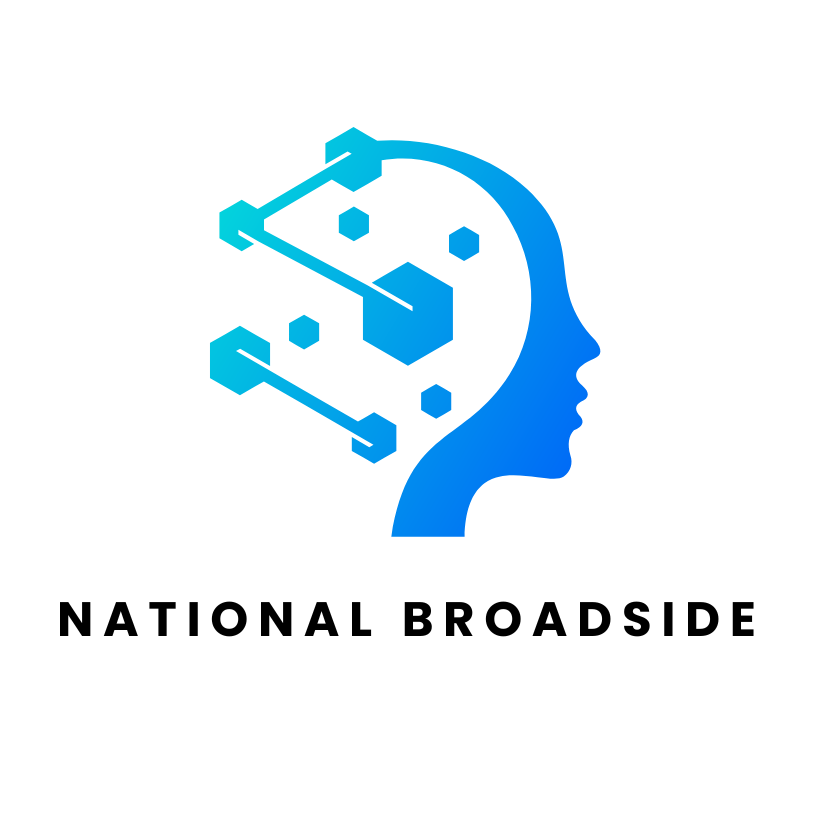Table of Contents
ToggleArtificial intelligence is often hailed as the superhero of modern healthcare, swooping in to save the day with its promise of efficiency and precision. But hold your applause—this tech titan isn’t without its kryptonite. Beneath the shiny surface of AI lies a tangled web of challenges that could leave patients and providers in a bit of a pickle.
From misdiagnoses to data privacy concerns, the negative impacts of AI in healthcare can be as alarming as finding a fly in your soup. As we dive into this intriguing topic, it’s crucial to explore how these digital marvels might be tripping over their own algorithms and what that means for the future of patient care. Buckle up; it’s going to be a bumpy ride through the less glamorous side of healthcare innovation.
Overview of Artificial Intelligence in Healthcare
Artificial intelligence (AI) has transformed the healthcare landscape, offering tools that enhance diagnostic accuracy and streamline patient management. Innovations such as machine learning and natural language processing allow for data analysis at unprecedented speeds. Significant improvements can be seen in areas like imaging and pathology, where AI algorithms identify patterns that human experts might miss.
Despite its potential, challenges arise from AI adoption. Misdiagnoses represent a critical concern. Errors in decision-making algorithms can lead to incorrect treatment plans, jeopardizing patient safety. Data privacy issues further complicate AI integration. Breaches in sensitive information erode patient trust and can lead to legal repercussions for healthcare providers.
In addition, the reliance on AI can diminish the role of healthcare professionals. Time spent on routine tasks may decrease but can also distance providers from patient interactions. This detachment might result in diminished care quality or empathy during critical moments. It’s essential to understand that AI is a tool, not a replacement for human expertise.
Regulatory oversight plays an important role in addressing these negative aspects. Organizations like the FDA are stepping in to create standards for AI applications. Continued evaluation of AI systems is necessary to ensure their reliability and efficacy in real-world settings.
Exploring these complexities reveals that while AI offers remarkable advancements in healthcare, its challenges cannot be ignored. Balancing innovation with precaution is vital for improving patient care outcomes.
Ethical Concerns
Ethical concerns arise significantly when implementing artificial intelligence in healthcare. Data privacy remains a prime issue, as AI systems often require access to sensitive patient information. Inadequate safeguards may expose personal health details, resulting in loss of patient trust. Regulations must enforce stringent data protection measures to guard against unauthorized access and breaches. Data breaches can lead to legal consequences, incurring penalties for healthcare organizations. Consequently, maintaining high standards for data privacy is essential for patient safety and trust.
Algorithmic bias poses another critical challenge. AI systems, trained on incomplete or skewed datasets, can produce misleading results. Disparities in healthcare access or treatment recommendations may emerge, amplifying existing inequalities. Relying on biased algorithms can jeopardize the health outcomes of marginalized groups. Regular audits of AI systems help identify and mitigate bias. Ensuring diverse and representative data sets during training is also vital for overcoming algorithmic bias. Prioritizing fairness within AI technologies fosters equitable care.
Patient Safety Risks
Patient safety poses significant concerns with the introduction of artificial intelligence in healthcare. Misdiagnoses and errors can occur, impacting patient outcomes negatively.
Misdiagnosis and Errors
Misdiagnoses often arise from flaws in AI algorithms. Inaccurate data inputs result in faulty outputs, leading to erroneous conclusions about a patient’s condition. For instance, AI systems designed for imaging analysis may overlook critical signs of disease. Incorrect diagnoses can initiate inappropriate treatment plans, which endanger patient safety. Alertness to these risks is vital for healthcare professionals who rely on AI tools for decision support. Continuous evaluation of AI performance and regular updates to algorithms serve as essential strategies in reducing these risks.
Over-reliance on Technology
Over-reliance on technology presents another safety hazard. Healthcare providers may assume AI-generated recommendations are always accurate, thus diminishing their critical assessment skills. In acute situations, this may delay necessary interventions if clinicians defer too heavily to automated systems. It’s crucial to maintain a balance between leveraging AI capabilities and preserving human judgment. Training programs emphasizing collaborative approaches to AI can assist healthcare professionals in using these technologies effectively without undermining their expertise. A cautious mindset ensures safety and efficacy in patient care remains at the forefront.
Job Displacement
Job displacement presents a significant challenge in the context of AI integration in healthcare. Automation and advanced algorithms can replace certain roles, particularly those involving routine tasks and data analysis. Many healthcare workers face job insecurity as AI systems become more efficient, leading to fears about their future in the industry.
Impact on Healthcare Workers
Healthcare workers often experience anxiety related to job security due to increased reliance on AI. As machines perform tasks traditionally handled by humans, numerous professionals find their roles becoming obsolete. Technicians and administrative staff face the highest risk of displacement. Roles in diagnostics and imaging also see reductions as AI systems handle these tasks with precision. Stress levels may rise as workers adapt to evolving job descriptions and the need for continuous education to remain relevant in their fields.
Changes in Workforce Dynamics
Workforce dynamics shift as AI modifies the traditional healthcare environment. The introduction of AI alters team structures and collaboration methods. For example, professionals must now work alongside AI systems, requiring adaptability and new skill sets. Specializations in data management or AI oversight become increasingly necessary. Furthermore, this shift can encourage a culture of innovation, prompting healthcare organizations to invest in training programs. Organizations that prioritize employee development can create a responsive workforce prepared for the challenges of AI technology, ensuring a smoother transition.
Regulatory Challenges
Regulatory challenges significantly impact the integration of artificial intelligence in healthcare. Unclear regulations can hinder the development and deployment of AI technologies. Organizations like the FDA play a critical role in establishing guidelines to ensure safety and efficacy. Insufficient oversight may lead to widespread use of untested algorithms, posing risks to patient safety.
Different regulations across regions complicate the approval processes for AI applications. Variability in standards creates confusion for developers seeking to launch their products. Healthcare organizations may struggle to navigate these complex regulatory environments, delaying access to beneficial technologies.
Consumer protection remains a top priority amid these challenges. Ensuring patient privacy involves strict compliance with data protection laws, such as HIPAA in the United States. Non-compliance could result in data breaches, further damaging patient trust and hindering the adoption of AI solutions.
Algorithmic transparency is another regulatory consideration. Developers must provide clear explanations of how AI reaches its decisions. This transparency fosters accountability, allowing healthcare professionals to understand and justify AI-driven recommendations.
Regulatory authorities must balance innovation with patient safety. Encouraging collaboration among stakeholders can lead to more effective regulations. Regular dialogue between tech companies, healthcare providers, and regulators can facilitate a smoother integration process.
Increased emphasis on auditing AI algorithms is essential. Regular assessments can identify biases and inaccuracies that compromise patient care. Organizations can implement audits to ensure compliance with regulatory standards, fostering trust in AI technologies.
Investing in regulatory frameworks that support AI innovation can enhance healthcare delivery. Proper regulations ensure that AI serves as a complement to human expertise, preserving the quality of patient care.
The negative impacts of artificial intelligence in healthcare cannot be overlooked. Misdiagnoses and data privacy concerns pose significant risks that may compromise patient safety and trust. The potential for job displacement adds another layer of complexity, as healthcare professionals must navigate a rapidly changing landscape.
Balancing innovation with caution is essential. Emphasizing the collaborative role of AI alongside human expertise can enhance patient care while mitigating risks. Regulatory oversight is crucial to ensure that AI technologies are safe and effective. By addressing these challenges head-on, the healthcare industry can harness the benefits of AI while safeguarding the well-being of patients and professionals alike.







